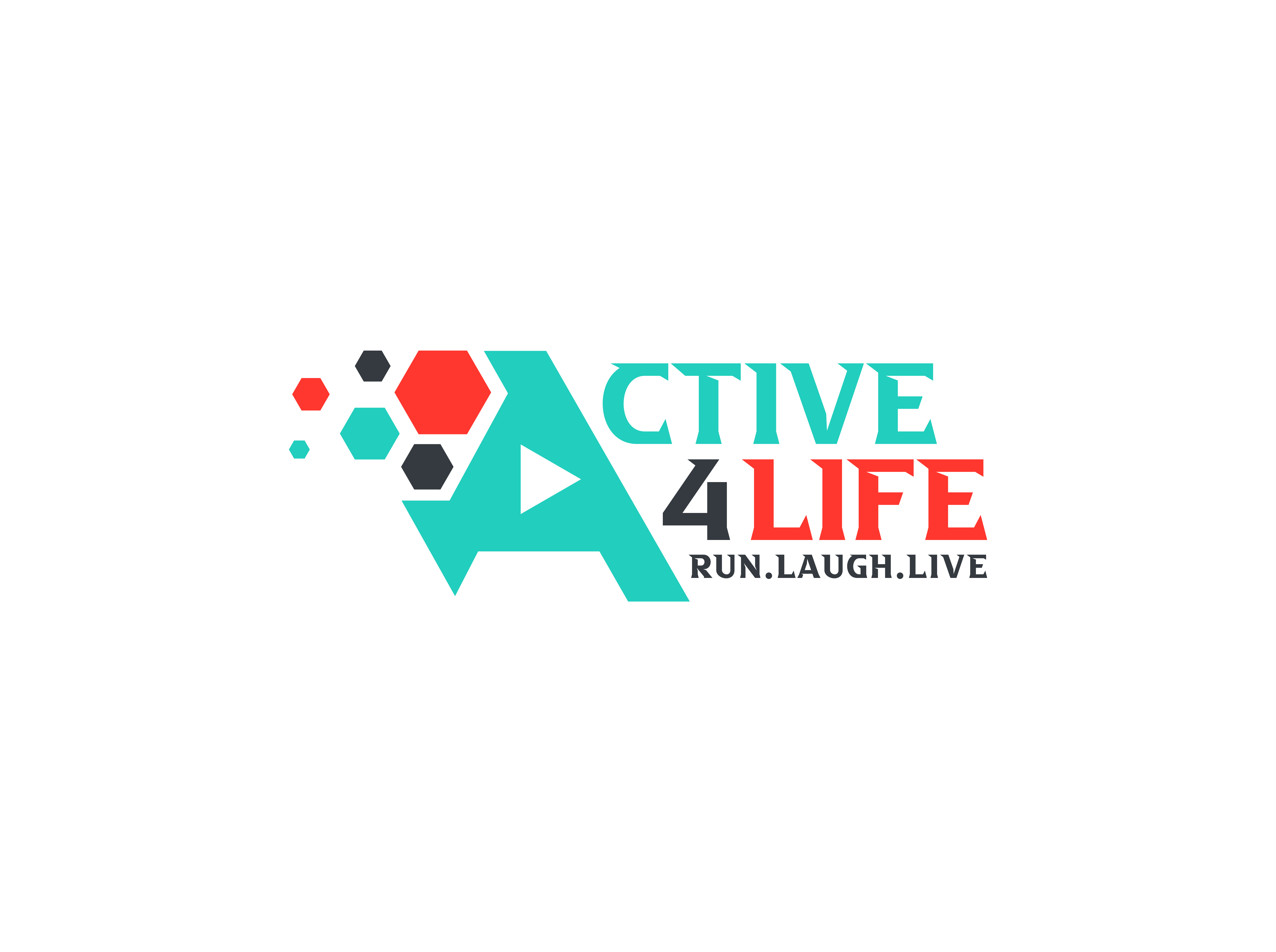If you have been on one of my coaching programs or have been following my coaching posts, you will be very familiar with the phrase "maintain frequency". Over the years I have found that the greatest and most lasting gains are not made from massive sporadic workouts or crazy long weekend runs, but from simply running day in and day out, year after year.
I work with a lot of runners that are often time pressed and I always tell them to rather shorten the run and still get out and do something than completely drop the run and do nothing at all. Also for those that are not yet conditioned to daily running or need to maybe train at hours that are not safe to head out on the road, I encourage doing some form of "movement", whether it be walking, cycling, swimming, any form of cardiovascular load that is moving the body. This maintains that "frequency of movement" over the course of the week which makes the magic happen.
So why is frequency such a big deal?
It has all to do with two important training principles -
- The law of overload and
- The law of reversibility (Don't use it, lose it!)
Think about when you do something you are not used to doing with your hands for a long time, such as digging in the garden or starting to play the guitar. Initially you will get sore blisters on your hands, but over time, your body will adapt to the stress you are placing on your hands and form calluses to protect your hands. If you approach the process by gradually increasing how long you do the activity each day, then over time your hands will become more and more adapted. Should you stop for a long time, your hands will soften again (don't use it lose it!) and when you start again, you will be back to getting sore hands.
Running is very similar. When we apply a challenging load to the body through training, there is a response in our body which we know as fatigue. During the following process of recovery, the body adapts to the fatigue to return not only to a untired state, but to a higher fitness level. A coach will work to delicately balance this relationship between load and recovery as well as the amount of loading to ensure you are progressively getting fitter.
Okay, but what about frequency?
Once the body has recovered to its new "higher level of fitness", it does not just stay there forever. If there is no stimulus challenging it, then it will gradually return the original state of fitness (or even lower if the break was too long!). So if the training loads are too far apart, or the holidays too good!, then the runner is continuously just returning to his or her original level. Almost a waste of a hard workout!
That does not mean you should be doing big workouts every day. Remember we need recovery for the adaptation process. But a large percentage of that recovery should still be providing some form of stimulus whether it is easy jogging or light cross training. This way you are continuously raising your base level of fitness. That is why you will meet older runners who have been running for years, who don't do any crazy workouts anymore, but can still run pretty great times off daily easy running. Their base level is just superior from years of high frequency loading and adaptation.
Onwards and upwards!
Coach Kathleen
Professional running coach
Cape Town, South Africa


